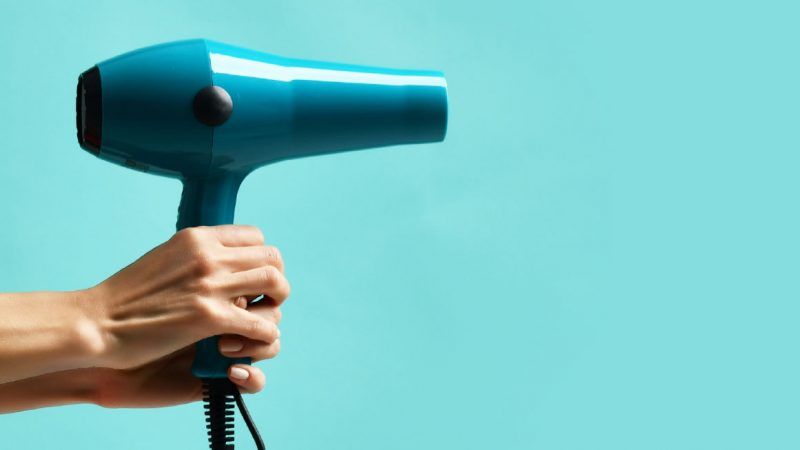State Legislatures Embrace Licensing Reform

Whether they're looking for a fresh start after a run-in with the law, trying to relocate across state lines, or merely hoping to operate a hairdryer without first getting the government's permission, the first half of 2019 brought good news for workers. Licensing reforms have been on the march in state capitols across the country, as lawmakers from both major parties embrace an issue that libertarians have been talking about for years.
"Heavily Democratic states are passing similar legislation to what's being passed in Republican-controlled states," says Zach Herman, a research analyst with the National Conference of State Legislatures (NCSL).
That bipartisan spirit was on full display in Oklahoma City in April, when a significant licensing reform sailed through the state legislature with only two "nay" votes. The new law eliminates so-called "good character" provisions—which effectively rule out any applicant with a criminal history—from all the state's occupational licensing laws. Now, each licensing board will have to publish a list of specific disqualifying offenses.
Letting Oklahomans with criminal records work in licensed professions "will help them find jobs and contribute to society, which will increase employment opportunities and public safety while decreasing recidivism," says Jenna Moll, deputy director for the Justice Action Network, which pushed for the bill's passage.
Meanwhile in Arizona, Republican Gov. Doug Ducey oversaw the bipartisan passage of a first-in-the-nation bill to require Arizona licensing boards to accept out-of-state licenses. He also signed a repeal of a ludicrous requirement that hair stylists at "dry bars"—that is, people who use blow-dryers and curling irons but do not cut, color, or perm hair—receive 1,000 hours of training before being able to get a job.
In all, more than 1,000 occupational licensing bills have been introduced across the U.S. this year, according to NCSL's database, up from about 750 last year. That doesn't include everything; the organization only tracks proposals that affect professions licensed in at least 30 states, and more bills may yet be proposed in 2019.
Not every legislative effort has been pointed in the right direction. New Jersey lawmakers are trying to license pet groomers, and Massachusetts lawmakers have proposed licensing interior designers. But the tide appears to be turning. While organizations like the Institute for Justice have been winning lawsuits against bad licensing laws for years, legislators are finally doing what the courts shouldn't have to: letting America work.


Show Comments (19)